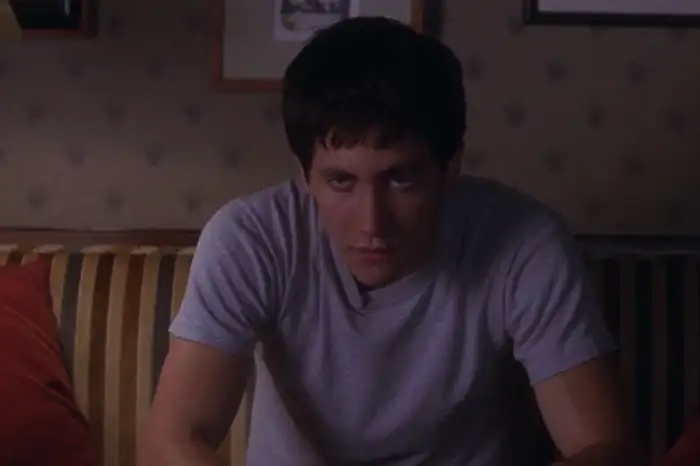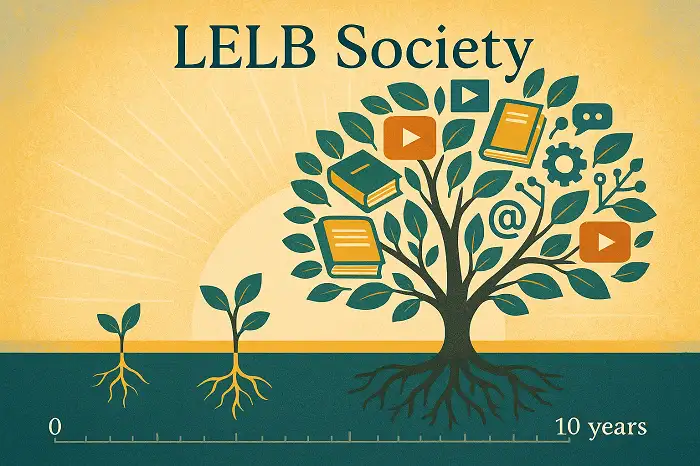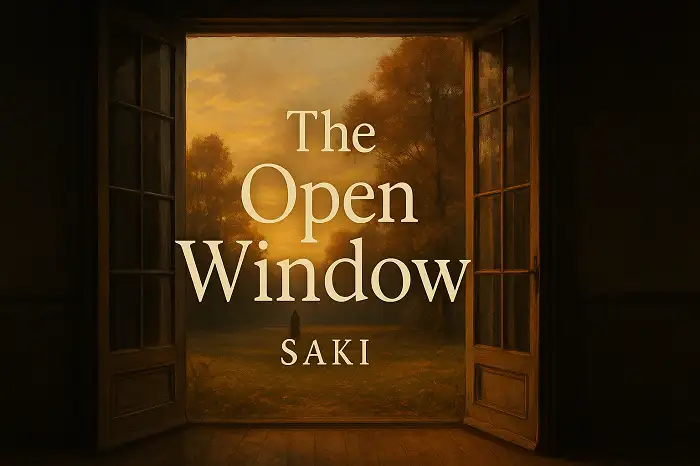Donnie Darko, a Sci-Fi classic released in 2001, delves into the intricate web of psychological themes that captivate both casual viewers and film critics alike. As we explore the complexities of its narrative, we'll unravel the layers of time travel, mental illness, and existential queries that define the film's unique allure. This post will take you on a journey through the dark corridors of Donnie's mind, providing an in-depth analysis of the plot and themes. Whether you're a student of film criticism or simply a lover of thought-provoking cinema, this exploration of "Donnie Darko" promises to offer fresh insights and ...
Home » Learn English with Films Online » Donnie Darko (2001) Movie Analysis and Film Criticism

Donnie Darko (2001) Movie Analysis and Film Criticism
Updated: by Dr. Mohammad Hossein Hariri Asl
Time to Read: 5 minutes | 521 Views | 2 Comments on Donnie Darko (2001) Movie Analysis and Film Criticism
Share This Post
About the Author
Dr. Mohammad Hossein Hariri Asl is an English and Persian instructor, educator, researcher, inventor, published author, blogger, SEO expert, website developer, entrepreneur, and the creator of LELB Society. He's got a PhD in TEFL (Teaching English as a Foreign Language).
Number of Posts: 4242



Donnie Darko is a complex movie.It explores the idea of time travel and tackles with big questions about life, death, and meaning of existence.
That’s right, “Donnie Darko” is a multi-layered film that delves into some pretty profound themes. The exploration of time travel is just the tip of the iceberg—it raises questions about fate, free will, and the butterfly effect. The movie also masterfully intertwines elements of psychological thriller and science fiction, creating a narrative that’s both thought-provoking and haunting.